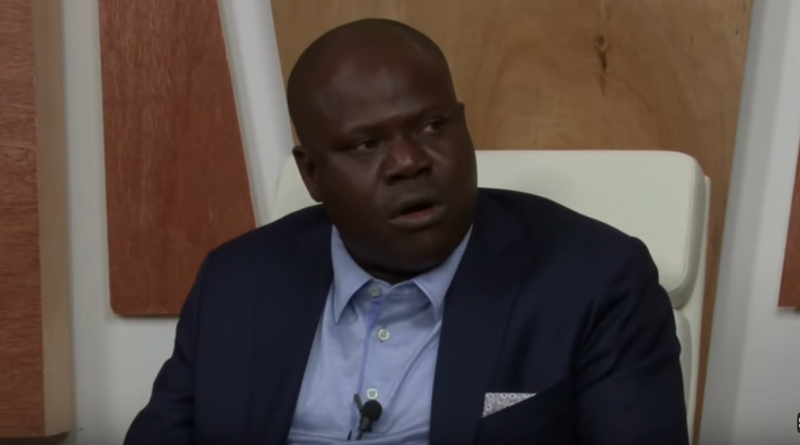Corruption: The Nigerian System And Subsidy Scam, By Richard Odusanya
Corruption is the single greatest obstacle preventing Nigeria from achieving its enormous potential. It drains billions of dollars a year from the country’s economy, stymies development, and weakens the social contract between the government and its people. It is the main reason why the entire system is collapsing not only the power grid sector.
A major straw that broke the Peoples Democratic Party’s (PDP) 16-year rule in Nigeria was pervasive corruption. Consequently, Nigerians voiced their frustrations by voting in the All Progressives Congress (APC) presidential candidate, Muhammadu Buhari, during the 2015 general elections.
In the run-up to the 2015 general elections, as the candidate of the major opposition party, Muhammadu Buhari, frontally accused the Goodluck Jonathan administration then, of massive corruption.
The three major areas that his campaigns were anchored; corruption, security and economy are issues that arrested the attention of many of our citizens. Given his military background and perceived incorruptible posture, Nigerians believed him.
Nigerians had high hopes and dreams and gave him their votes in 2015. Today, however, it all turned out that it was a dream that we fantasized about.
Paradoxically, corruption has become systemic in Nigeria under the leadership of the APC-led Muhammadu Buhari who vowed to rid the country of corrupt practices with its broom revolution.
The zenith of corruption in the country is how President Buhari set the stage for unprecedented subsidy looting under his regime. Since the assumption of office in 2015, trillions of naira claimed to have been paid as a subsidy, end up being cornered by APC leaders and members of the cabal in the Buhari Presidency.
Before his emergence as President, Buhari had claimed that anyone who says he is paying oil subsidies is a fraud. He constantly accused the then government under the leadership of Goodluck Jonathan of deceiving Nigerians. He openly said, “Petroleum subsidy is a scam.” But as a president, Buhari, who had announced himself as substantive Minister of Petroleum in 2015 amid high expectations, has failed to address fuel subsidies and his government continues to pay what he had described as “fraud” and “deception”.
The corruption in our system is legendary. India has a population of 1.38billion people and its daily consumption of fuel (petrol) is 115million litres whereas Nigeria has a population of 200million people, and its daily consumption of fuel (petrol) is 70million litres. What’s more, the latest report from the Auditor-General for the Federation revealed that the defunct Nigeria National Petroleum Corporation (NNPC) now NNPC Limited failed to account for about 107,239,436 barrels of crude oil lifted for domestic consumption in 2019.
Corruption is illegal in Nigeria, yet everywhere it is woven deep into the fabric of everyday life. The wands of currency notes slipped under the counter to speed up a traveller’s way through the customs; the tip given to the Police at checkpoints; the brown envelope given to lecturers by students to get a pass mark; the president and ex-presidents, including all political leaders living well beyond their declared assets, etc. are all evidence of corruption.
Surprisingly, most Nigerians – an unhealthy lot in the population – only carp about corruption when they are handed the shorter end of the stick. You wouldn’t hear the faintest whiff, if they are the beneficiaries.
The whole system is one stinker of a mess. Corruption is definitely a problem and we all know its effect. It is only one of the offspring of the nature, ill social, formal education and selfishness of the majority of Nigerians and without these “parents”, there would not be this level of corruption.
Conclusively, when you support a failed system, rest assured that both the hailers, and the wailers will wail together. Therefore, nothing much will tilt on the scale of change if all of us – the first and the last, King and Commoner – are not keen on it. Building a better society is a collective responsibility.
ARISE ‘O COMPATRIOTS.
Richard Odusanya is a Social Reform Crusader and the convener of AFRICA COVENANT RESCUE INITIATIVE ACRI.

